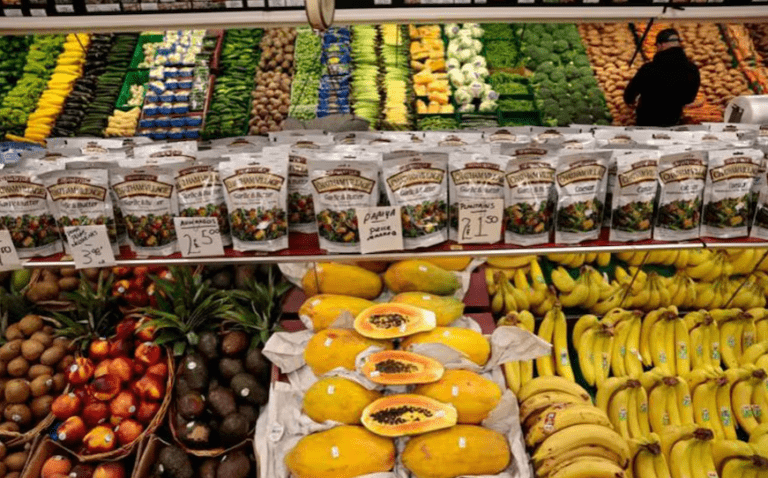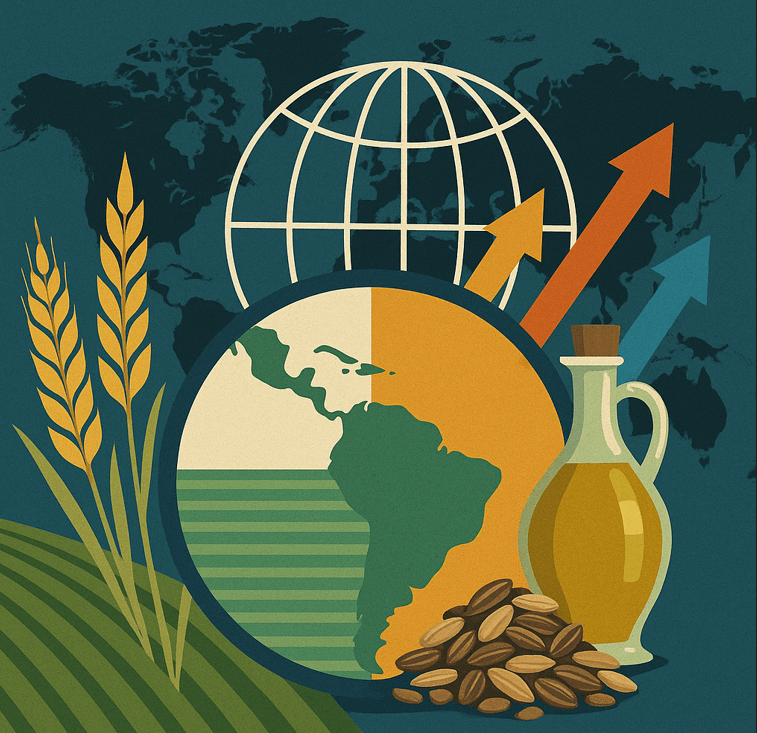La Nación, Campo, 28 de agosto de 2021
The pandemic has marked a turning point for the planet, and the conception of food systems has not been exempted.
One of the most relevant aspects of the international geopolitical agenda focuses on the concern for sustainability and food security, based not only on the quantity, but also on the quality and health of food.
Precisely, in September the culminating meeting of the Food Systems Summit will be held in New York, which will be one of the main axes of the United Nations General Assembly. What is this meeting trying to do? "That each country begins to make transformations in its food systems and moves towards a more sustainable food production, with less environmental impact," sums up Marcelo Regúnaga, coordinator in Argentina of the Group of Southern Producing Countries (GPS), a network that articulates private sector institutions in Argentina, Brazil, Uruguay and Paraguay.
This specialist, also a member of the Argentine Council for International Relations (CARI), remarks that today Europeans intend to impose their Green Pact agenda with very precise objectives towards 2030 and 2050.
However, he clarifies that this approach is very Eurocentric, regardless of what has happened in other regions of the world. "The transformation processes that are being asked for the world today, Argentina already began 30 years ago with direct sowing. In other words, they stopped plowing the land and destroying the soil, something that continues to be done in Europe and Asia ”, he remarked.
“This has allowed us to have a conservation agriculture, at the same time that it has achieved a remarkable growth in yields. Argentina is at the forefront because it has a journey of three decades doing things well, "he said.
“Our goal is to show the world that we are on a path that Europe and much of Asia have not yet traveled; that we are much further ahead than the rest of the world in terms of the transformations that the United Nations Summit is asking of all countries today ”, he reinforces. Regúnaga also details the short and medium term threats in terms of environmental requirements for access to Argentine agricultural products. "When we see the concerns and barriers that some regions like Europe want to impose on us, the idea of producing crops that is more environmentally friendly and the concept of carbon neutral arises," he points out.
In this regard, Argentina is developing the Carbon Neutral Program, and the Association of the Soybean Chain (Acosja) has been the first to start with this initiative for environmental certifications. For the specialist, other challenges are the health requirements for which certifications and traceability are necessary to guarantee that our products are safe, that is, healthy. He finally mentions that in Europe they increasingly demand that soy not be produced in deforested areas.
The Agroideal Program is framed there, in which Acsoja participates together with different NGOs from the environmental sector in order to guarantee consumers that production does not come from deforested regions without complying with current legislation.



